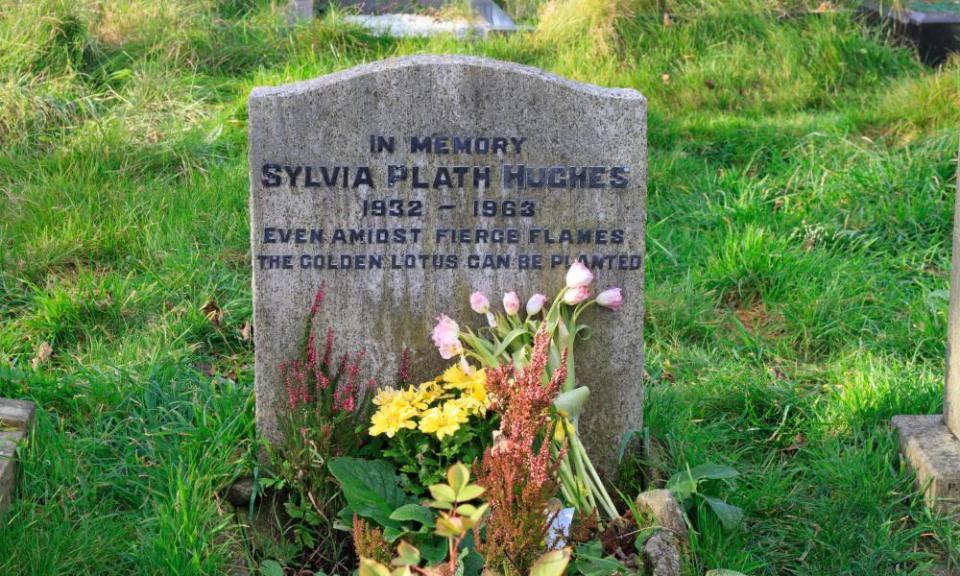Where have all the bands gone? Well, Adam Levine is in one himself

Adam Levine, frontman of Maroon 5 – and let’s face it, if “name any member of Maroon 5” were a question on the final round of Pointless, you’d be forced to say Adam Levine three times and watch the prize money disappear before your eyes – has been talking to Zane Lowe of Apple Music about his nostalgia for bands.
Levine said he felt as if bands were “a dying breed” and that he wished there were more of them. “It’s funny, when the first Maroon 5 album came out there were still other bands. I feel like there aren’t any bands any more, you know?” he said.
The internet, and particularly bands on the internet, have been relatively unforgiving of this observation, putting their hands up to be ticked off the bands register. There has been an undercurrent of snobbery about Maroon 5, too, because they are a pop group. Levine’s words did sound clumsy, and had a faint whiff of the “disco sucks” movement to them of that particular kind of “that’s not real music” pub chat, and it makes it seem as if Levine thinks he’s doing it right, while everyone else is doing it wrong. Though I will say that you can’t nip to the shops for chewing gum without hearing Moves Like Jagger, over a decade after it was released, which suggests that he and his band have done something right.
It’s easy to list bands in response – what about Haim! What about Wolf Alice! What about Haim! – but in a broad sense, he is not wrong. The album charts are where all of the bands are hiding, just not bands with many members who were born after the 1980s: Queen, Fleetwood Mac, Foo Fighters and, I realise you might not heard of this obscure bunch, but the Beatles, whose singles compilation album 1 has been in the charts for 303 weeks. The singles charts, meanwhile, are full of solo artists. You have to scroll a long way down to find a group.
This has been the case for years, and there are plenty of reasons why that might be: digital technology and the internet making it easier for one person to do everything; modern pop as a solo artist’s game; less glamorous but crucial economic factors like a laptop being cheaper than a whole band’s worth of instruments, or most cities lacking affordable rehearsal space for a band’s worth of people to fit into. Yet the picture is not bleak. Music has continued to innovate. It is resilient like that.
Sarah Silverman’s Paris joke just isn’t funny any more
Under headlines that could have been ripped from 2007, Paris Hilton has revealed that she has accepted an apology from Sarah Silverman, for a joke that the comedian made about her at that year’s MTV movie awards.
On her podcast, This Is Paris, Hilton talked about “sitting there wanting to die” as Silverman joked about Hilton going to prison; watching it now, more grisly than the crude punchline, I think, is an entire auditorium of celebrities seeming to cheer at her getting locked up.
Silverman has talked before about the “roast” culture that dominated comedy at that time, particularly American comedy. On her own podcast, she addressed the resurfaced controversy at length, saying to Hilton: “I’m sorry I hurt you. Comedy is not evergreen. We can’t change the past. What’s crucial is that we change with the times.”
The joke in question has not aged well, and it’s obvious from the footage that Hilton was upset. But I am glad that Silverman isn’t opting for the straightforward mea culpa and is acknowledging the complexity of the situation. There is a tendency towards disingenuous moral certainty, to decide we wouldn’t have laughed at a crass gag like that even then, but plenty did, and I might have. I can’t remember, but I might have. It is reductive to treat comedy from two decades ago as if it were written yesterday.
Back on a special episode of her podcast, Hilton accepted the apology. I will listen to Silverman’s podcast for the response to the response to the response.
A fitting resting place for a Sylvia Plath fan

It is revealing of the number of cemeteries that I have found myself wandering around on various holidays and trips that I have a favourite grave.
In London’s Highgate cemetery, where the showier burials are of Karl Marx and George Eliot, the most wonderful belongs to the pop artist Patrick Caulfield, who simply has the word “DEAD” carved into a headstone. It makes me smile whenever I see it. I rarely find graveyards to be morbid. They are a testament to an array of life.
“Might there be a vast flurry of applications from people wanting to be buried in close proximity to their literary heroes and heroines?” As an admirer of cemeteries, I read the full judgment by the Worshipful Mark Hill QC, chancellor of the diocese of Leeds, in an unusual case last week, after a woman applied to be buried in the same churchyard as Sylvia Plath.
The woman is not from the area but, as a lover of literature, she said, she “felt profoundly spiritual” on visiting the cemetery in Heptonstall, near Hebden Bridge. The ruling took into account several factors, including the uniqueness of the application, and the fact that there was a “superabundance of space” in the graveyard. It was, Hill decided, unlikely to set a precedent.
Rebecca Nicholson is an Observer columnist

 Yahoo Finance
Yahoo Finance 